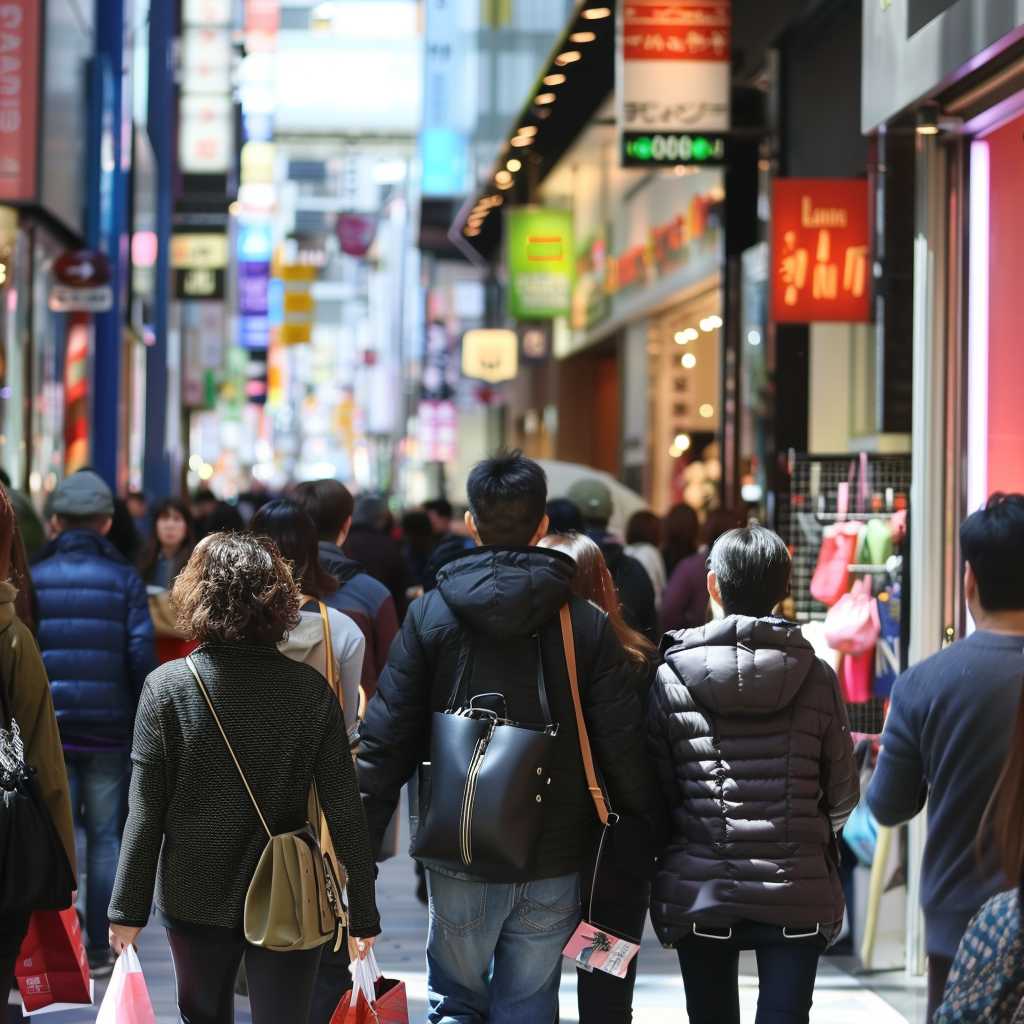The Evolution and Impact of Consumerism on Society
Consumerism is an economic and social ideology that encourages the acquisition of goods and services in ever-increasing amounts. It is also a critical component of many modern economies and has significant implications for businesses, cultures, and the environment. By tracing its historical development, understanding its current dynamics, and assessing its implications, we can gain a clearer view of consumerism’s role in our society.
A Brief History of Consumerism
The roots of consumerism can be traced back to the Industrial Revolution in the 18th and 19th centuries, which brought about mass production techniques and increased goods’ availability. However, it was in the post-World War II period when consumerism really took hold as a social and economic phenomenon. In this era, an increase in prosperity in the western world, coupled with technological advancements, created an abundance of products and a culture which prized material wealth and possessions.
As mass media expanded through television and print, advertising became a major industry itself, working as a catalyst for consumer culture by promoting new desires and aspirations. Products were no longer just marketed based on their utility but were instead sold as symbols of lifestyle or identity.
Contemporary Dynamics of Consumerism
In modern times, a combination of technological progress, globalization, and particularly the advent of the internet has transformed consumer behavior and expectations. Online shopping platforms offer unparalleled convenience, choice, and competitive pricing, which have all served to encourage more consumption.
Marketing strategies have also evolved with advanced data analytics enabling unprecedented customization in targeting consumers, making advertising more effective than ever at encouraging purchases. The modern consumer is now not just a passive receiver of marketing messages but an active player; they provide feedback through reviews, engage with brands through social media, and help spread trends virally.
Moreover, the notion of brand loyalty has shifted as well. Consumers increasingly prioritize experiences over material goods, leading to changes in spending patterns where purchases are meant to reflect personal values such as sustainability or social responsibility.
Environmental and Social Considerations
Consumerism doesn’t arrive without significant criticism. One of the key issues relates to its environmental impact. The cycles of production, consumption, and disposal generate substantial waste and pollution. As a result, many businesses are now encouraged or required to operate with greater environmental consciousness through sustainable practices or eco-friendly product lines.
On the social front, criticisms include the exacerbation of class divisions through “conspicuous consumption,” where wealthier segments showcase their status through luxury goods – highlighting inequalities. Further concerns address the effects on psychological well-being as constant desires to acquire more can lead to addiction-like behaviors or perpetual dissatisfaction.
Consumerism’s Role in Global Economics
Consumer spending is an essential driver for economic growth in many countries. It generates employment, powers business success, and provides tax revenue to governments. In fact, consumer spending typically counts for a large part of gross domestic product (GDP) in advanced economies.
However, some economists argue that relentless consumption could lead to over-reliance on volatile consumer confidence. Sudden shifts in spending behavior can thus have wide-ranging impacts on economies – both good and bad.
Looking to the Future
Going forward, sustainable consumerism may come into sharper focus as concerns about environmental degradation continue to mount. Innovations like circular economy practices – where resources are reused and recycled continuously – offer potential pathways for reconciling economic growth with ecological preservation.
Technological advancements could also steer consumption patterns towards more digital goods and services that require fewer physical materials to produce—a transition seen during the COVID-19 pandemic when digital entertainment and remote worktools saw surging demand.
Notes
Image description: A busy shopping street filled with throngs of people carrying bags from various stores illustrates the phenomenon of consumerism as part of everyday life. Multiple colorful storefronts promoting sales can boldly be seen in the background.

